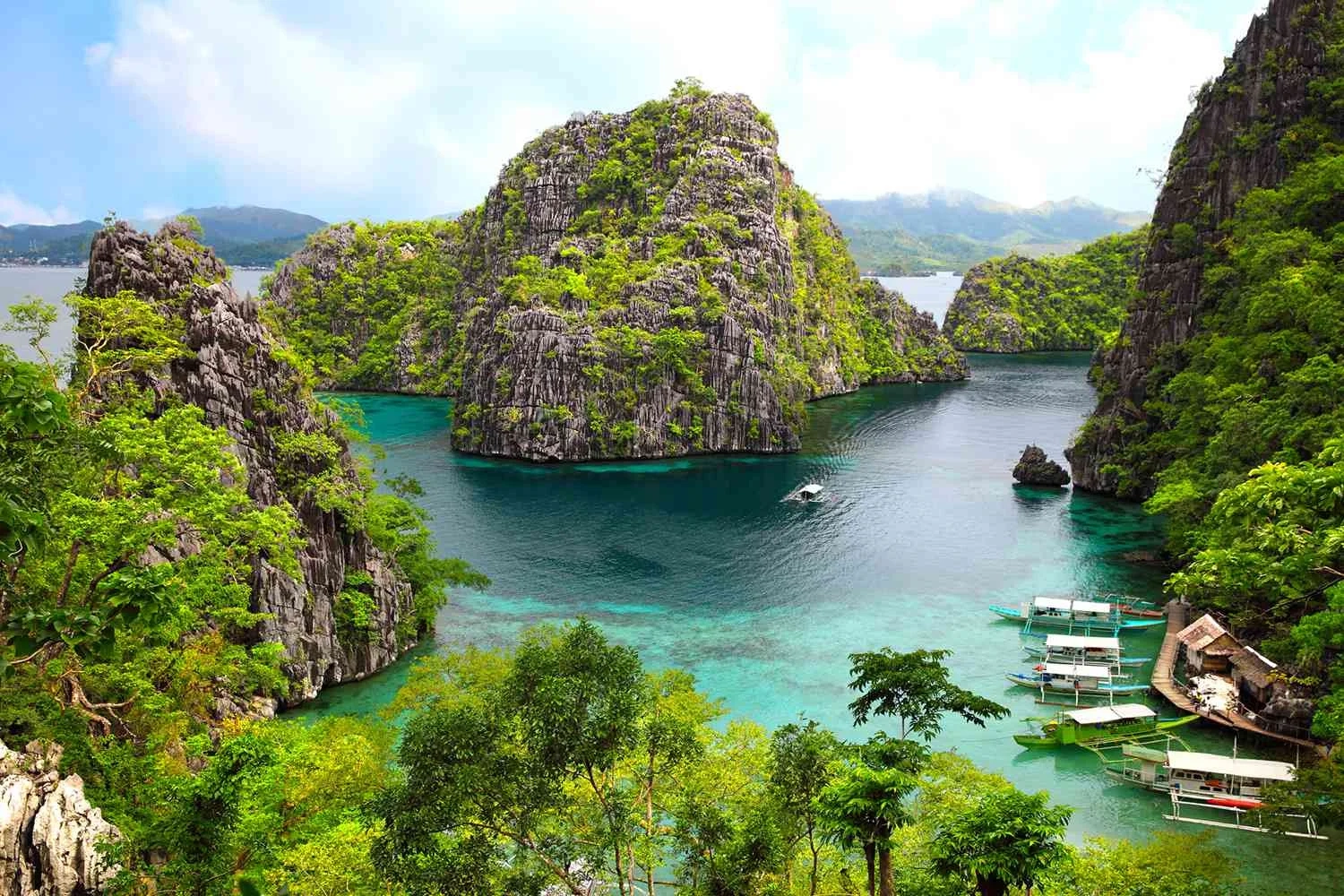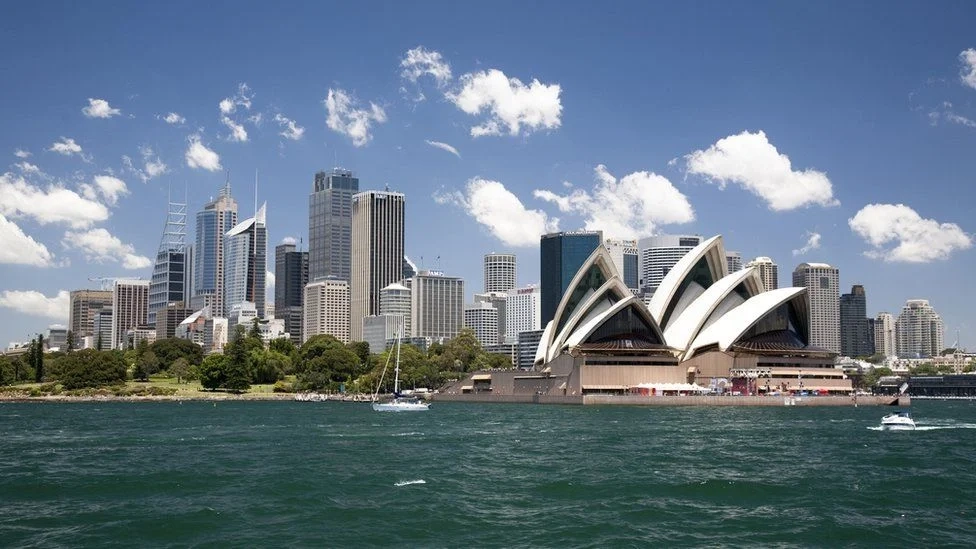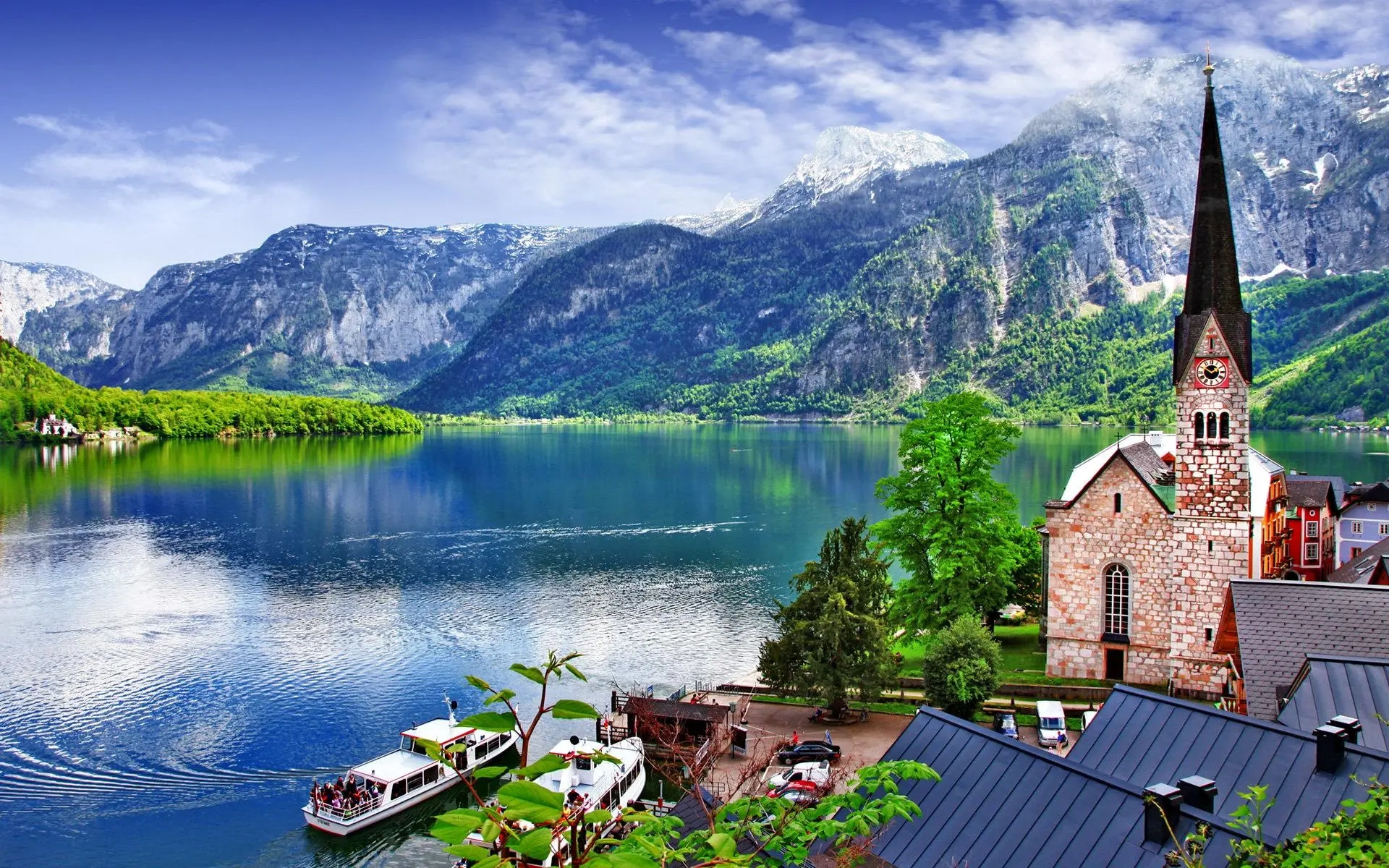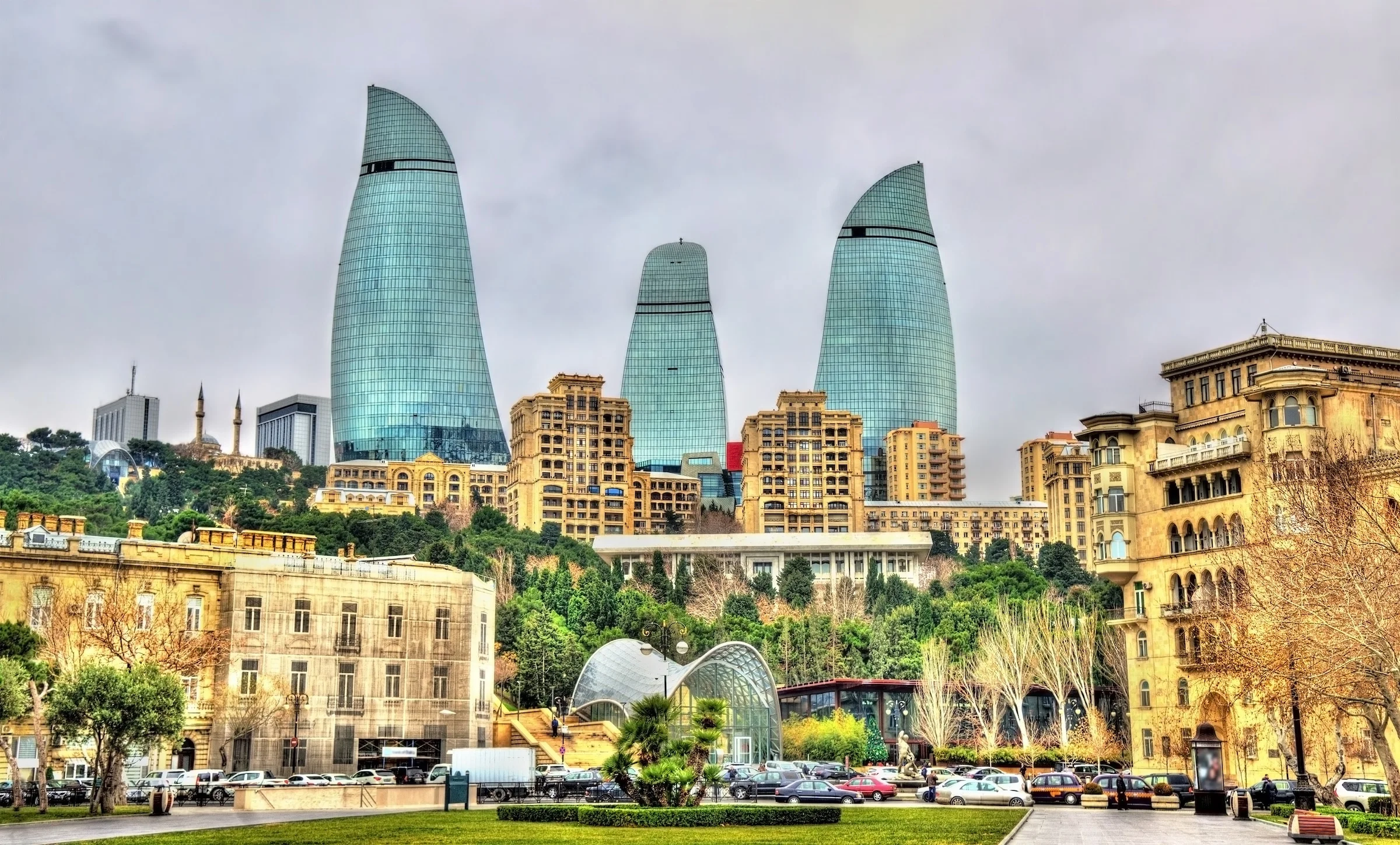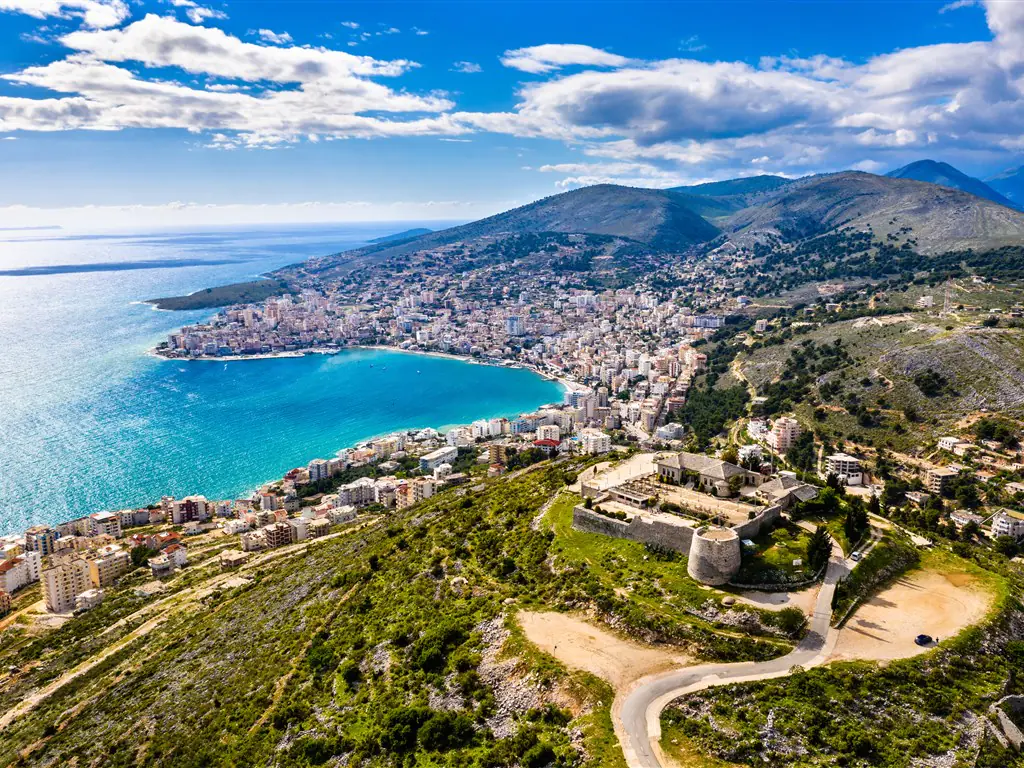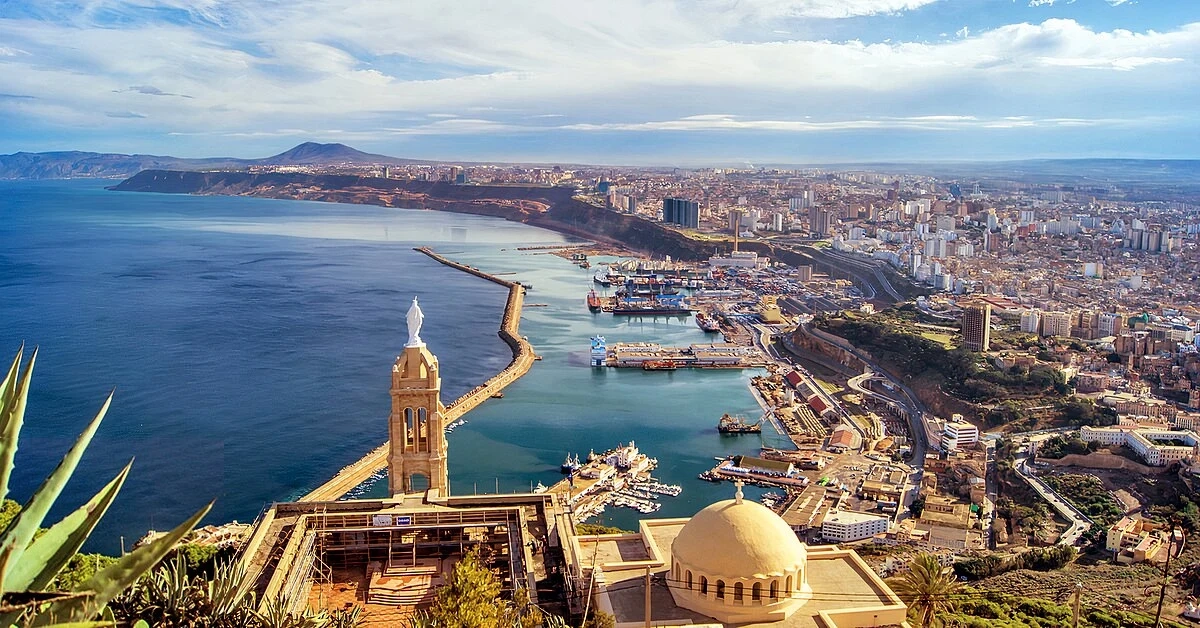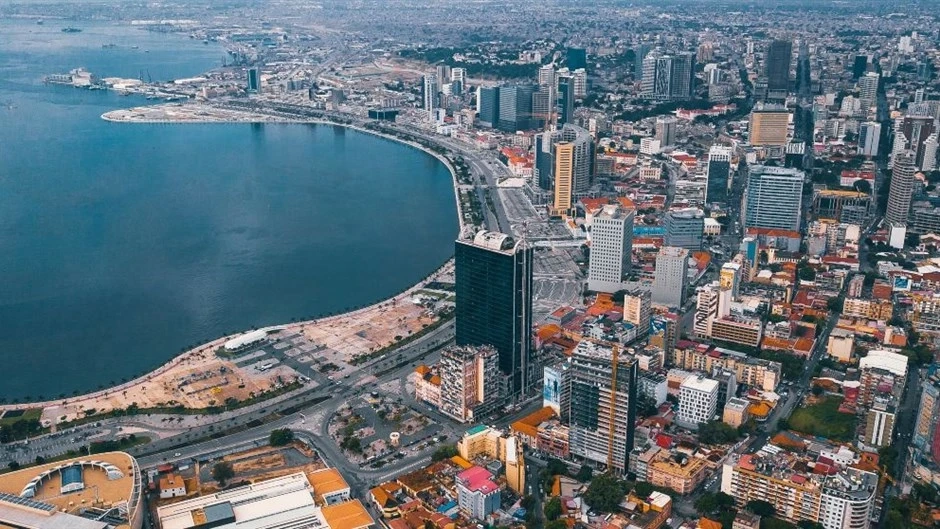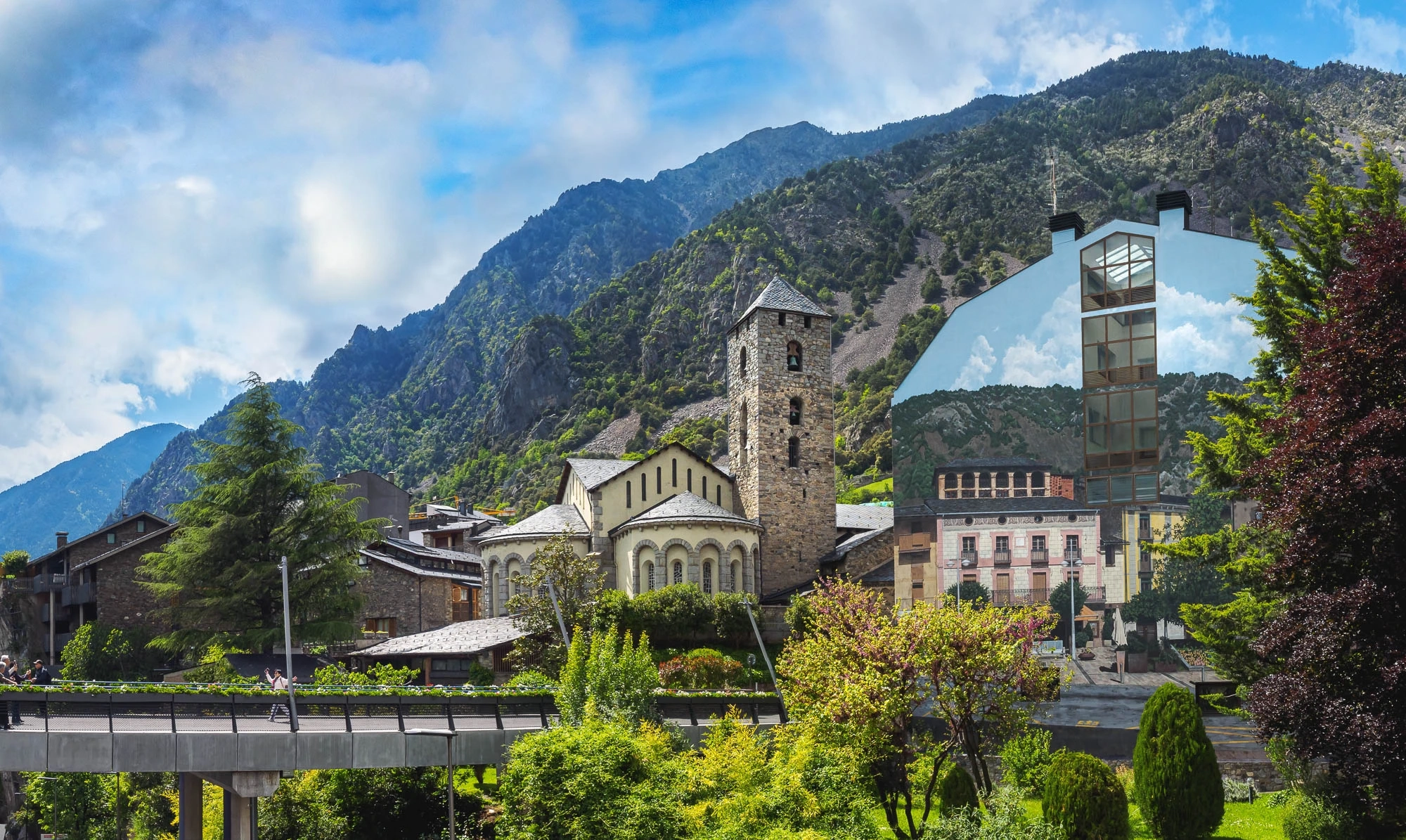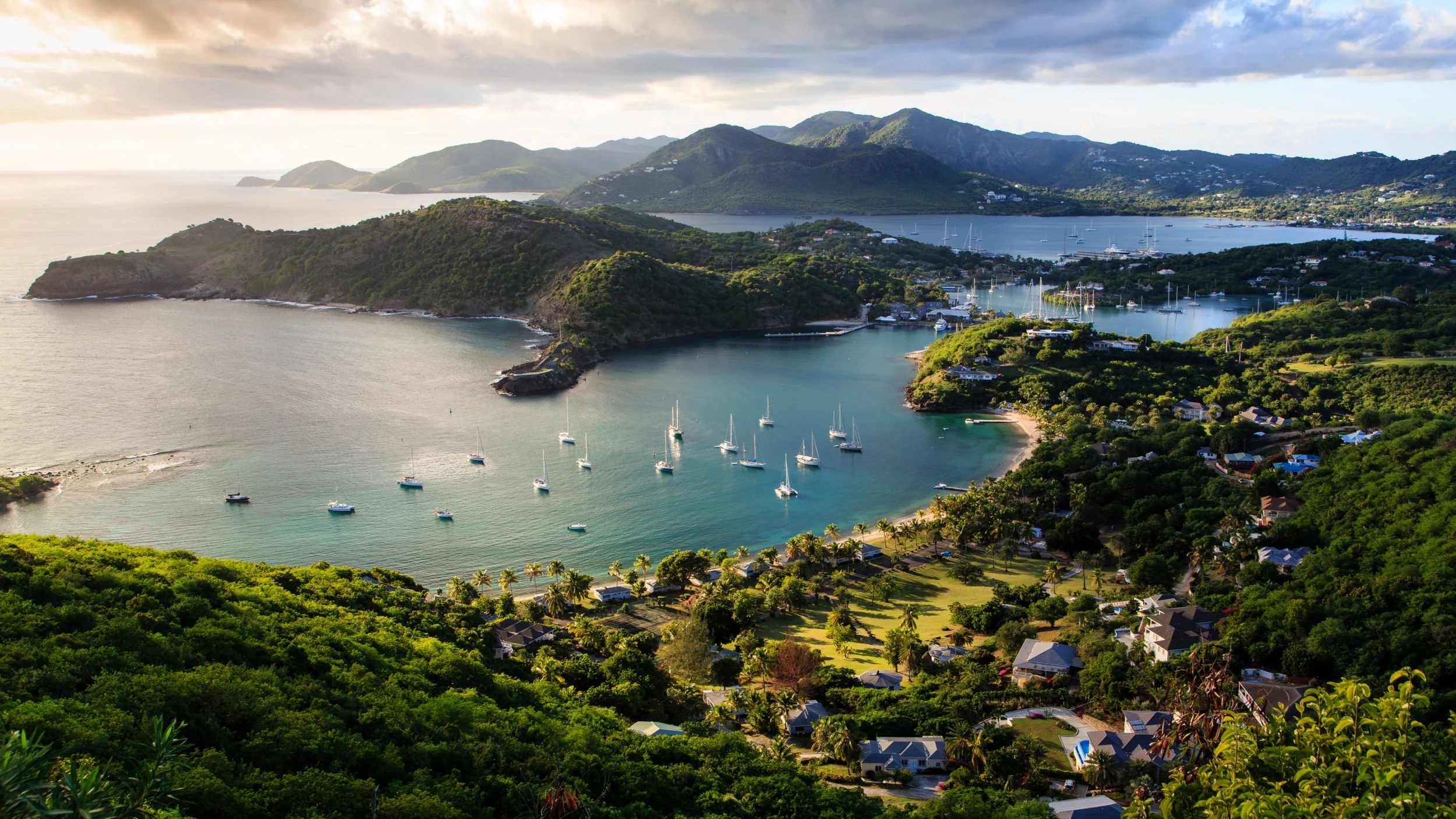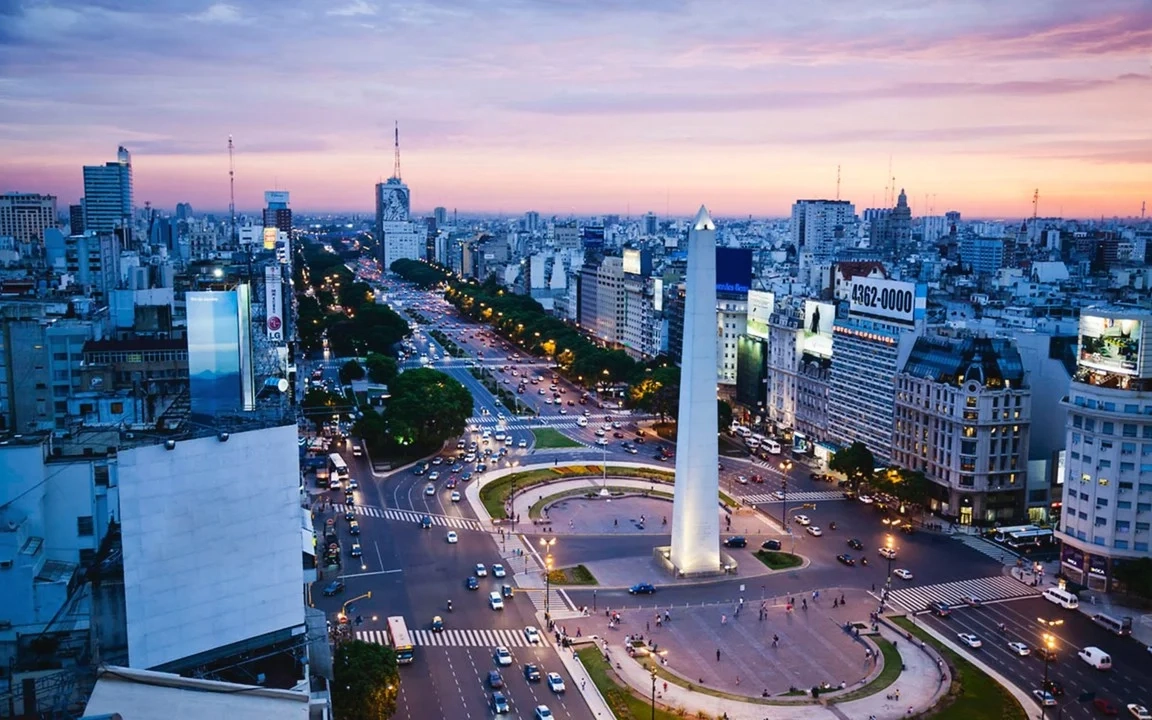1. Cost of Living:
Rent: The cost of rent varies based on location. In major cities like Manila or Cebu, renting an apartment can range from moderate to high. Provinces and rural areas may have more affordable options.
2. Healthcare:
Healthcare System: The Philippines has a mix of public and private healthcare facilities. Major cities offer modern medical services. Expatriates often opt for private healthcare, which is relatively affordable compared to some Western countries.
Health Insurance: It's advisable for immigrants to have health insurance to cover medical expenses.
3. Transportation:
Public Transport: Public transportation is accessible and affordable. Jeepneys, buses, and tricycles are common modes of transport in urban and rural areas.
Private Transport: Owning a car is an option, and fuel prices are a consideration. Traffic conditions in major cities can vary.
4. Food:
Local Cuisine: Filipino cuisine is diverse and flavorful. Street food is popular and affordable. Eating out at local eateries is generally cost-effective.
Groceries: Local markets and supermarkets offer a range of food items. Imported goods may be pricier.
Average Cost of Living in the Philippines (Monthly):
• Low Budget: $600 - $800
• Moderate Budget: $800 - $1,500
• High Budget: $1,500 and above
Breakdown of Monthly Costs:
• Rent: $150 - $500 (varies by location and type of accommodation)
• Utilities (Electricity, Water, Internet): $50 - $100
• Groceries: $150 - $300
• Transportation: $30 - $100 (depends on public or private transportation usage)
• Dining Out: $100 - $200
• Healthcare: $50 - $100 (for basic health insurance and out-of-pocket expenses)
• Miscellaneous: $50 - $100 (entertainment, personal items, etc.)
Pros of Living in the Philippines:
- Cost of Living: Generally lower than in many Western countries, offering expatriates a chance to live comfortably on a modest budget.
- Warm Hospitality: Filipinos are known for their warmth, friendliness, and hospitality, making it easier for expatriates to integrate into the community.
- Beautiful Beaches: The Philippines boasts stunning beaches and natural landscapes, providing opportunities for relaxation and exploration.
- English Proficiency: English is widely spoken and is one of the official languages, making communication easier for expatriates.
- Diverse Cuisine: Filipino cuisine is diverse and flavorful, with a wide range of local dishes to explore.
Cons of Living in the Philippines:
- Traffic and Infrastructure: Major cities, particularly Manila, can experience heavy traffic congestion, and infrastructure may not be as developed in some areas.
- Natural Disasters: The Philippines is prone to natural disasters such as typhoons and earthquakes, which can pose risks to residents.
- Bureaucracy: Dealing with government offices and bureaucratic processes may be challenging for expatriates.
- Limited Public Services: Public services, particularly in rural areas, may not be as extensive or efficient as in some developed countries.
- Security Concerns: While many areas are safe, there are areas with higher crime rates, and expatriates are advised to be vigilant and take precautions.
1. Metro Manila (Makati City, Taguig City, Quezon City):
Pros: Commercial and financial hub, diverse cultural scene, international schools, and a wide range of amenities.
Cons: Heavy traffic congestion, urban density.
2. Cebu City:
Pros: Growing economy, cultural attractions, proximity to beautiful beaches, international schools.
Cons: Traffic congestion in some areas.
3. Davao City:
Pros: Low crime rates, clean and orderly, proximity to natural attractions, affordable living costs.
Cons: Limited international schools and job opportunities.
4. Iloilo City:
Pros: Friendly community, good healthcare services, affordable living, and a growing economy.
Cons: Limited international schools, fewer job opportunities compared to major cities.
Financial Preparation:
- Ensure that you meet the financial requirements for your chosen visa category.
- Maintain a sufficient bank balance and have the necessary proof of financial capacity.
Health Insurance:
- Consider obtaining health insurance coverage that is accepted in the Philippines.
- Some visa categories may require health insurance as part of the application.
Cultural Sensitivity:
- Familiarize yourself with Filipino culture, customs, and etiquette to facilitate a smoother integration into the community.
Secure Accommodations:
- Arrange temporary accommodations upon arrival and secure long-term housing if applicable.
Respect Local Laws:
- Familiarize yourself with local laws and regulations to ensure compliance.
- Respect and adhere to local customs and traditions.
